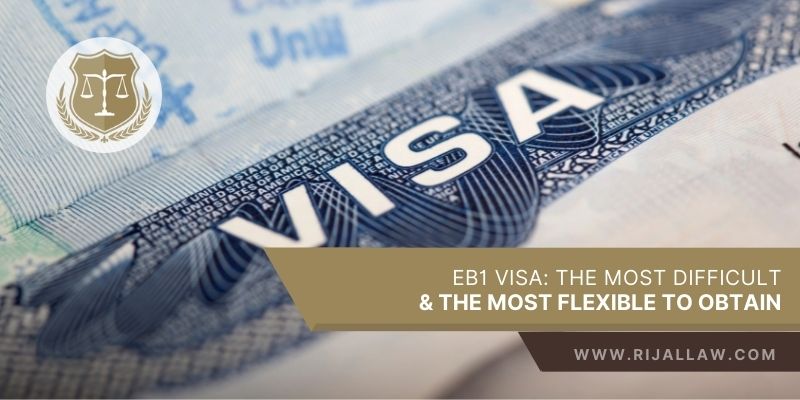Because the requirements for job holders of an EB-1 visa are more demanding, it is easier to get this visa. If you speak to an EB-1 visa lawyer Dallas immigration specialist, he or she will further clarify how to obtain employment-based visas – from EB-1 to EB-5.
Why You Need to Consult with an EB-1 Visa Lawyer Dallas Immigration Professional
The EB-1 visa is a first-preference employment-based endorsement that covers noncitizens who have an extraordinary abilities in their field of employment. If you’re seeking an employment-based visa, again, speaking to an EB-1 visa lawyer Dallas immigration professional is the first step you’ll need to take to satisfy a U.S.-based employment request.

Meeting the EB-1 Visa Criteria
To meet the eligibility requirements for an EB-1 visa, you need to meet the guidelines the United Citizenship and Immigration Services agency has established. To obtain this visa then, you need to show you have an extraordinary ability in the field of science, art, education, business, or athletics – a field where you’ve achieved national or international recognition.
Therefore, holders of the EB-1 visa may work as multinational executives, researchers, or teachers. You can get a better idea about the requirements by visiting the USCIS website.
So, how do you demonstrate you have what it takes – that you possess an extraordinary ability?
An EB-1 visa lawyer Dallas professional can help determine your eligibility through evidentiary material.
What You Will Need to Show
To get recognized for your achievements, you must show that you’ve received a major international award or that you meet at least 3 of 10 USCIS requirements. These requirements include the following.
- Receipt of a lesser recognized award for excellence in your country or worldwide.
- Association memberships where members must demonstrate outstanding achievements.
- Published content about you in major publications.
- Past experience as a judge in your field.
- Major contributions made in your line of work.
- Authorships in major publications, including scholarly journals.
- Displays of your work in exhibitions.
- Experience as a major influencer in a well-known organization.
- Proof that you make a markedly higher salary than others in your field.
- Proof of commercial success in the performing arts.
You can glean further information about extraordinary ability by referring to Chapter 2 of the USCIS policy manual.
Getting an EB-1C Visa in the Corporate Sector
If you’re seeking an EB-1 visa and you work as an executive, you’ll specifically want to apply for an EB-1C visa. To receive the visa, you also have to have received a job offer that relates to this visa classification. Holders should have worked outside the U.S. for 1 of 3 years prior to applying.
The Processing of Your EB-1 Visa Application
To obtain the EB-1 visa, you’ll need to have the following take place:
- Your employer will have to sponsor and petition you for entry into the U.S. as an alien worker or file a petition on your behalf by submitting a Form I-140.
- Once you receive the visa, you can apply for an adjustment of status (AOS), so you can get a green card for permanent residence. To do this, you’ll need to complete Form I-485.
After each of these steps are taken, you just need to wait for the USCIS to respond. What is good about this process is that your EB1 visa lawyer Dallas specialist often can file Form I-140 and Form I-1485 concurrently to speed things up a bit. This will allow you to convert your work-associated visa to a work-related green card fast and conveniently.
You can only make an AOS if you are residing in the U.S. This cannot be done if you’re living and working overseas. To obtain the EB-1 visa in your country, you’ll need to first go through the U.S. consulate. Once your visa application is accepted, you can apply for the green card after your arrival in the U.S.
How Long Processing Takes
The processing time to get an EB-1 visa varies. However, it generally is much faster than if you’re waiting for an EB card that requires qualifications that more people can meet. Because the other cards are more popular, you’ll wait a shorter amount of time to receive an EB-1 visa.
However, you’ll still have to wait “in line” to receive approval. You’ll just get the visa faster. As of 2022, you can apply for a green card at the same time as your EB-1 visa, so you can have the green card application processed while the USCIS assesses your EB-1 (I-140) form at the same time.
You’ll wait about 8 months to receive the visa while green card processing extends the time, on average, another 6 months.
You’ll be able to get through the whole process much easier if you work with an EB-1 visa lawyer Dallas professional. By using immigration legal services, everything you fill out and supply to the USCIS will be thorough and complete.
You don’t want to delay the process by forgetting to add some important documents and proof of your EB-1 status. By using the services of a legal specialist, you can ensure your employment as well as green card access.
So, who do you turn to for EB-1 legal advice?
Get the Legal Help You Need Right Away
To ensure everything is done right, contact a top EB-1 visa lawyer Dallas based profession. Call the Rijal Law Firm at 1-885-997-4525 for all the details today.

